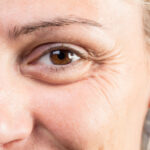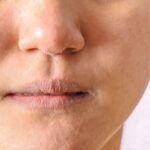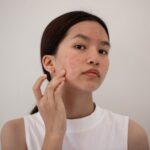At Forefront Dermatology, formerly Asarch Dermatology, we believe strongly in the power of professional treatment to keep skin healthy and younger-looking. Chemical peels and facials – two of the many […]
Skin cancer is the most common cancer diagnosed in the United States, and one of every five people develops skin cancer at some point in their life. After a skin […]
You have skin cancer. Hearing these words can be an overwhelming and frightening experience. The skin care experts at Forefront Dermatology, formerly Asarch Dermatology are here to guide you through […]
What’s your skin care routine? Do you have a skin regimen? How do you keep your skin looking so great? Most of us have heard the first two questions before, […]
Summer is here, which means the sun’s ultraviolet (UV) rays are at their strongest. If you spend a lot of time in the sun working, exercising, swimming, or sunbathing, it […]
According to the American Academy of Dermatology, it’s common to lose 50-100 hairs every day. Any amount larger than this could mean you’re losing hair more than you should. Thankfully, […]
“Wrinkles should merely indicate where smiles have been.”-Mark Twain As wonderful as this thought is, fine lines and wrinkles probably don’t make you feel like smiling. They may have cute […]
As another harsh winter season comes to an end, many of us are currently contending with dry skin. With warmer weather on the horizon, you probably have a lot of […]
There’s no question that mental health issues – stress, anxiety, depression, and the like – can take a major toll on your physical health. With one of every five U.S. […]








